Liz Truss has come a long way since her infamous speech to the 2015 Tory party conference, when she lamented: “We import two-thirds of our cheese. That. Is. A. Disgrace.”
But while the former Defra secretary yesterday hogged the headlines for her continuing ascent up the greasy pole, Boris Johnson’s cabinet reshuffle raised more questions than answers over the problems faced by the food sector that new foreign secretary Truss previously oversaw.
What we do know is Truss has been replaced by Anne-Marie Trevelyan at the Department for International Trade, and that Trevelyan was yesterday called out by Labour counterpart Emily Thornberry over some historic tweets appearing to question the existence of man-made climate change.
Given the criticism the former trade minister has faced over her quest for trade deals seemingly regardless of the cost to the livelihoods of UK farmers and the climate, it will be interesting to see if Trevelyan continues in the same direction as Truss – who created further ructions in a Policy Exchange speech on Monday by slamming those “naysayers” with “vested interests” who were opposing free trade.
On to Defra, and its increasingly invisible current secretary of state George Eustice has retained his job. But with his predecessor Michael Gove being appointed to the ministry of housing, communities & local government, there remain big questions over what the government’s plans are to tackle the ongoing food sector labour crisis.
Given his experience of managing Brexit no-deal planning, underground rave fan Gove had been widely tipped to head up a new cross-governmental National Economic Recovery Taskforce for logistics.
On Wednesday morning, The Times reported Gove had been put in charge of “fixing” Britain’s food supply chain, with Boris Johnson apparently quipping in cabinet that he “doesn’t want to have to cancel Christmas again”.
With Gove now out of the picture, it looks increasingly likely new cabinet office minister Steve Barclay will take on that responsibility. But as one senior food sector source suggested to me today (and as The Grocer has reported on numerous occasions this summer), it’s already looking too late to stop shortages of some products this Christmas.
“I have seen no details of this taskforce at all. And I am far from confident as to what it will be able to achieve,” the source said.
“Ministers think the elves pull all this together on Christmas Eve. Any solutions they can come up with have to be early enough to make a difference.”
It’s understood these concerns were again raised at Defra’s ‘war room’ meeting this morning, with one major manufacturer warning the food sector was “heading for a car crash”.
But despite the continuing and ever-louder warnings from the food industry, the response was apparently the same as it has been for many months, regardless of what many say are sympathetic ears to the crisis at Defra.
Those at the meeting were simply told: “You have to recruit domestic labour, there is nothing more we can do.”
And the reason for that, and Defra’s apparent marginalisation on this key issue affecting the food industry, is likely the fact Priti Patel has remained in post as home secretary and Boris Johnson’s government is still very much wedded to its Brexit promises of cutting immigration.
Despite the government this week announcing a delay to border checks on EU food and drink until next July, the issue of immigration is still a red line.
And until it gives way on that particular issue, there’s very little chance of solving the labour crisis in the short term, at least.







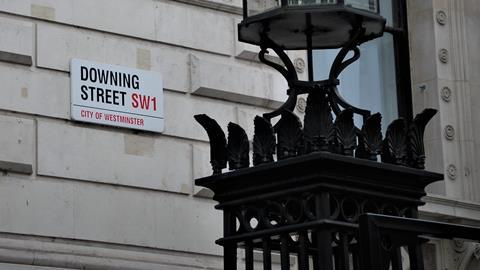
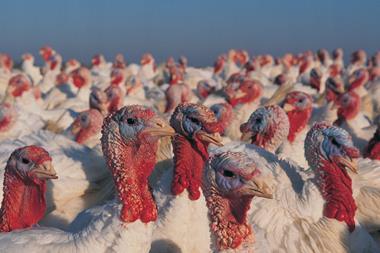
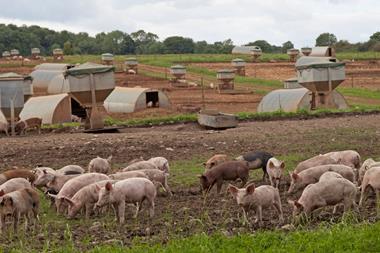
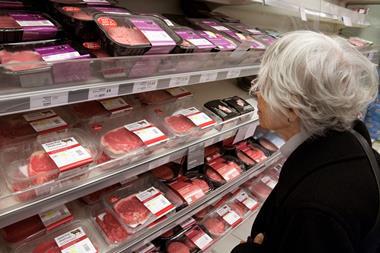
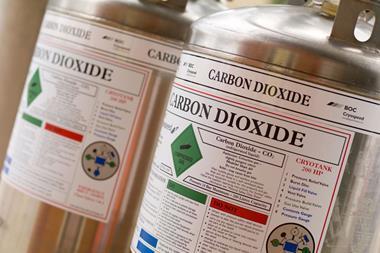




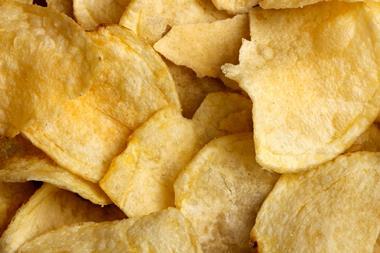

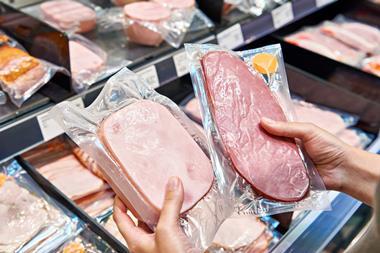
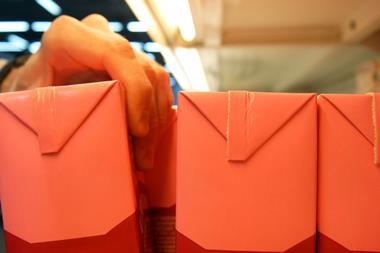
No comments yet